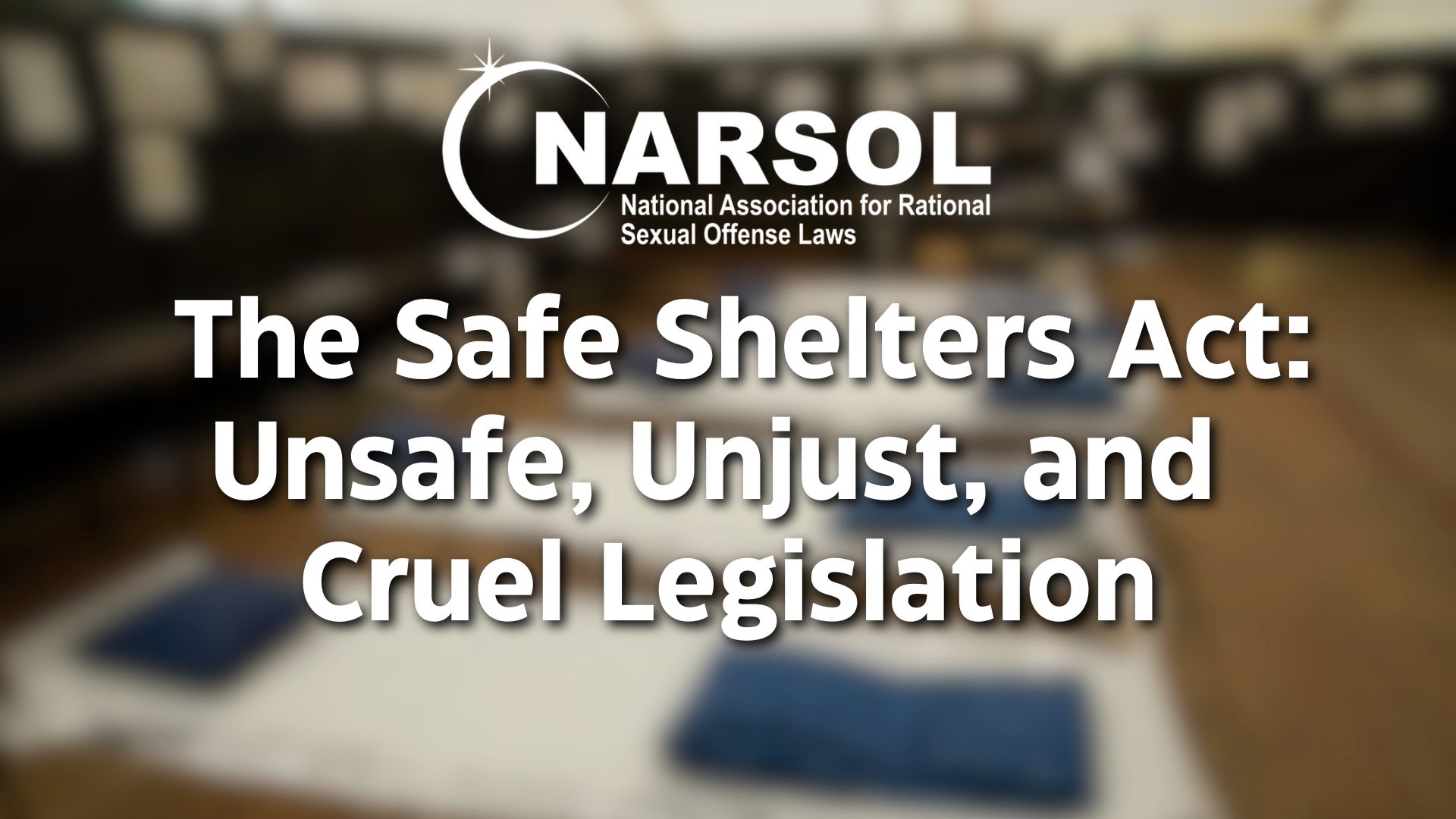Killing Hope: Death Anxiety, Moral Panic, and the “Sex Offender”
By Mark R . . . The topic of death may unfortunately bring up some unpleasant emotions. While causing consternation is not the intention, bringing awareness to those feelings is–because those same feelings often unwittingly influence conversations about “sex offenders.”
Disagreement is common among people, but there is one thing on which rational persons can always agree: Both you and I will someday die. It is undeniable and unavoidable.
Yet most people spend their entire lives trying not to think about death. One could argue that much of human behavior has evolved to help us achieve just that–or to try to avoid it altogether. Otherwise, our lives might only consist of cowering in the corner, waiting for death to come for us.
Instead, we spend our lives trying to fill it with meaningful people, experiences, and things to help us forget that fate. Our culture is often the source of those meanings. It continually gives us something to occupy ourselves in the time between birth and death. Cultural meanings last longer than personal ones. Their power is that they give people a sense of immortality through participating in something that remains after they are gone.
For some of us, the fight for rational sexual offense laws serves that purpose. Death anxiety is important in that struggle because it gives us insight into what really motivates those we oppose and what we might be able to do about it.
Much research has demonstrated that reminders of death cause people to defend their beliefs and strive for self-esteem. Then, when beliefs or self-esteem themselves are threatened, people respond by having unconscious thoughts of death. Continuing the cycle, they will then defend their beliefs and boost their self-esteem more intensely to push the thoughts back down. This process happens without awareness; it is unconscious and automatic.
For almost forty years, researchers in Terror Management Theory (TMT) have repeatedly shown evidence for these behaviors in many different situations.
In an early experiment, a group of court judges suggested more severe penalties for a fictional prostitute after first being caused to consider their own deaths. In another experiment, Protestant Christians started by reading an article that claimed Jesus’ life was plagiarized from other religions. This triggered unconscious thoughts of death in the subjects’ minds, and then, they suggested severe penalties for a fictional prostitute as well. Furthermore, the effect of death anxiety on racism has also been tested. When reading expressions of pride, white persons reminded of death beforehand criticized black persons as racist, more than they did white ones.
TMT research on the public perception of the sex offender has only recently begun. Last year (2023) researchers performed a study to understand how non-offending, clinically-defined pedophiles are viewed compared to those who do actually offend. One conclusion they reached was that fictional, offending pedophiles were given harsher sentences than fictional schizophrenics who had committed various crimes and even harsher than fictional persons with antisocial personality disorder who committed murder. While the difference was not significant, new experiments with improved design may show a more marked difference.
Regardless, the reality remains that registries for schizophrenics and sociopaths do not (yet) exist. People are simply more afraid of “sex offenders.” “The Sex Offender” is a social construct that is continually built with words and deeds. It is the meaning that is created in response to the fear of those who commit sexual offenses, ignorance as to the cause of the offending, and feelings of helplessness about what can be done. Eventually, the idea becomes embedded in the prevailing worldview and subsequently informs responses on the subject.
Moral panic is the usual response to “sex offenders” because they threaten a person’s worldview. People are often triggered when just talking about sexual offenders just as people are triggered when talking about death.
When most people hear the term “sex offender,” their unacknowledged death anxiety usually causes them to think “infant rape homicide.” TMT has already demonstrated that children represent a type of immortality. Physically, they pass the parents’ genetics on to the next generation. Symbolically, they represent our hope for a better world in the future.
As a result, many people most likely perceive the commission of a sex offense as “the killing of hope”—their hope. They respond in kind by killing hope for the sex offender, too. However, confronting their beliefs may only put them more on the defensive.
This irrationality can be overcome, though. Some TMT experiments have shown that death anxiety can be buffered by reinforcing a person’s worldview and self-esteem first. Those persons then often show more compassion in their acts of justice.
For NARSOL and its audience, a mindfulness of these insights when discussing sexual offense laws could actually someday restore hope for good.
Mark R, a new addition to the NARSOL family, is NARSOL’s representative in the state of Utah.


